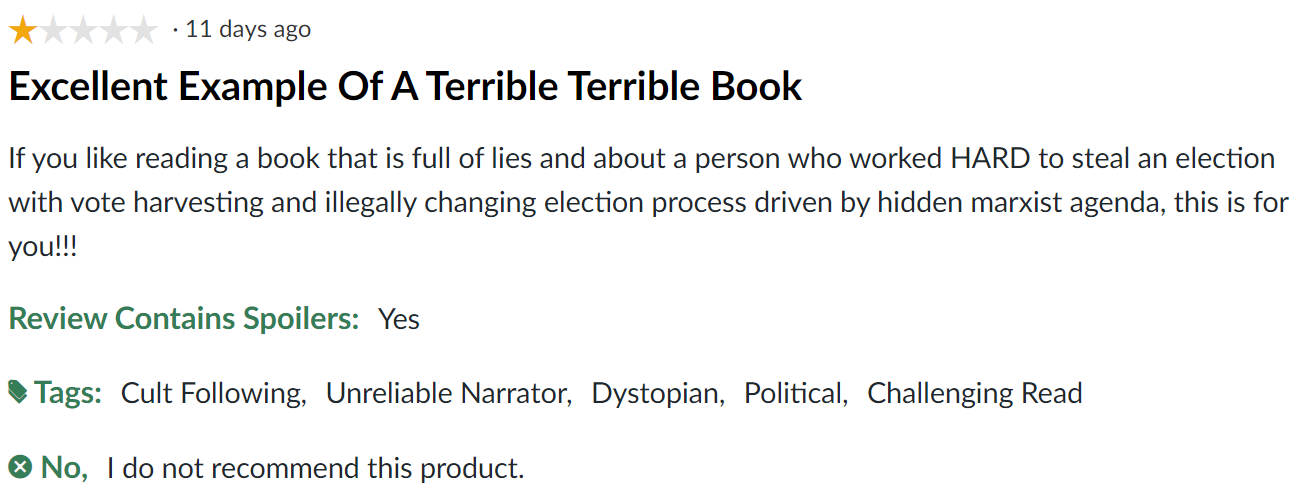Invention is a fickle enterprise. The identical thing or idea can be created or discovered independently in different places and at different times. Its first appearance may not be the one that enjoys the most influence. If multiple things are devised for the same purpose, the “best” one may not be the one that is universally adopted. For example, there is general agreement that the Betamax videocassette recorder was, by various measures, better than its VHS rival, yet VHS machines dominated the consumer market.
This is by way of introducing a variation on the conventional way Western music is notated. I don’t expect to change music notation, but I do want to suggest that a slightly different convention might have achieved at least a minor advantage.
Piano and vocal scores are typically represented using two staves, one above the other. Each staff comprises five horizontal, equally spaced lines. The lower (bass) staff serves as an extension of the upper (treble) staff with an imaginary eleventh line between them. Notes lower on the page within this system are lower in pitch.
In this scheme, a note on the bottom line of the treble staff is a fifth above a note on the top line of the bass staff. So-called ledger lines are used to indicate notes on one staff or the other that are above or below that staff. For example, middle C on the upper staff is represented by a note below the staff with a short horizontal line through it (the ledger line). The same C on the lower staff is represented by a note above the staff with a ledger line through it.
Because of the relationship of the staves to one another, notes in identical positions on their respective staves are not only different in pitch but are also different notes. For example, a note on the middle line of the top staff is a B, whereas the same notation on the lower staff is a D in the next lower octave. (The respective pitches are sometimes designated B4 and D3 in the system in which middle C is designated as C4.)
I suspect that beginning piano students learn the notes on the bottom staff as easily as those on the top. As a clarinetist, I learned the notes on the treble staff long ago but had no use for the bass staff. That is, until I began as an adult to sing bass in church choirs. I still have not learned notes on the bass staff cold. I mostly identify them using a cumbersome mental transformation that sees a note and mentally increases its pitch by a third. For example, what looks like an A were it on the treble staff becomes a C on the bass staff. This is slow and error-prone. It is particularly dysfunctional when I’m trying to pick out a part on the piano. (In no way am I a pianist.) Wouldn’t it be easier if a C on one staff were also a C on the other, albeit in a different octave?
Figure 1 shows the location of Cs on the two staves. Figure 2 shows the location of Cs on the two staves were the staves to be separated not be a fifth but by a seventh. Instead of there being one imaginary line between the staves, there would be two. This would make all the notes on the treble staff the same as those on the bass staff, albeit two octaves higher. Seemingly, this would be an easier system to learn and to play from. The only drawback of this hypothetical system is that music would require slightly more vertical space on the page.
Alas, the time for this innovation is past. No one who has learned all the notes already would want to change to the revised scheme, and learning the new system would make use of existing sheet music difficult. I don’t know just how the current notational convention was codified, but I think its designer or designers missed an opportunity.
 | ||
Figure 1. C notes in conventional notation
|



